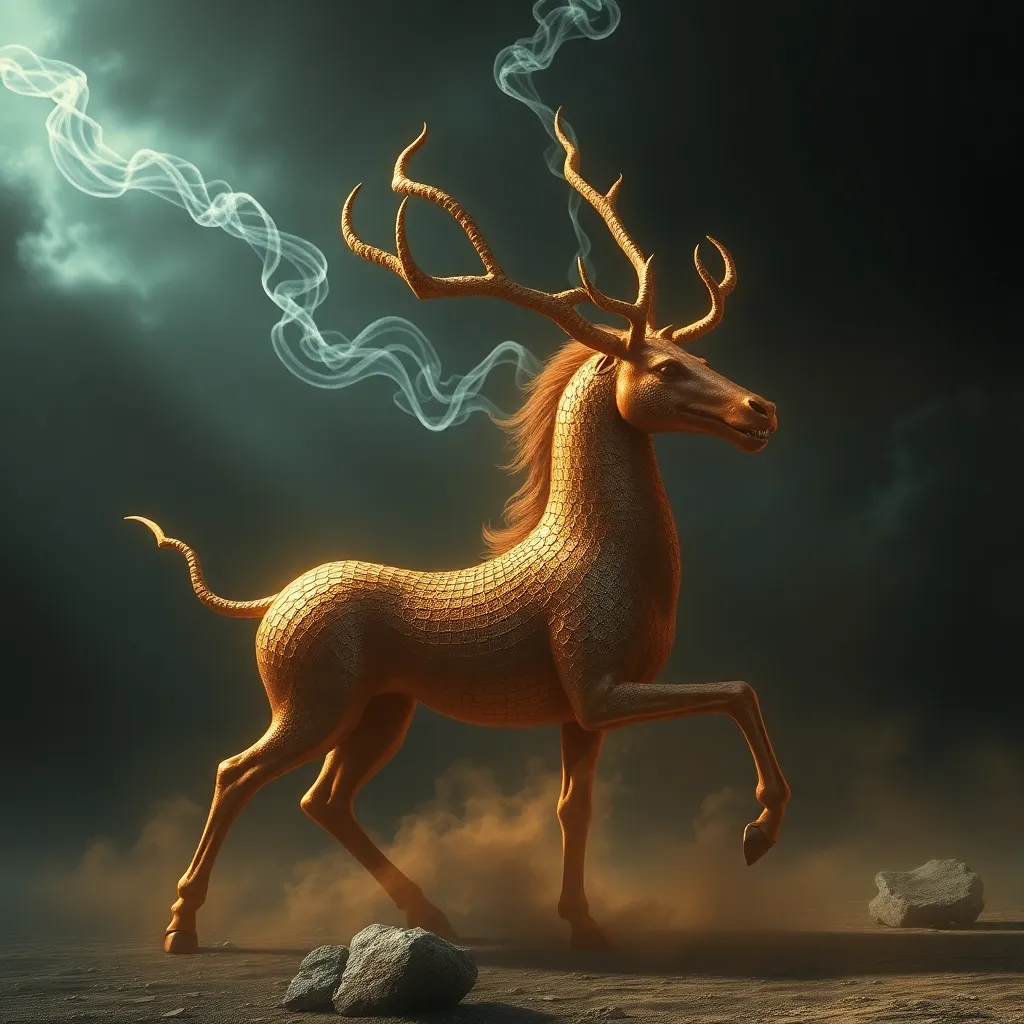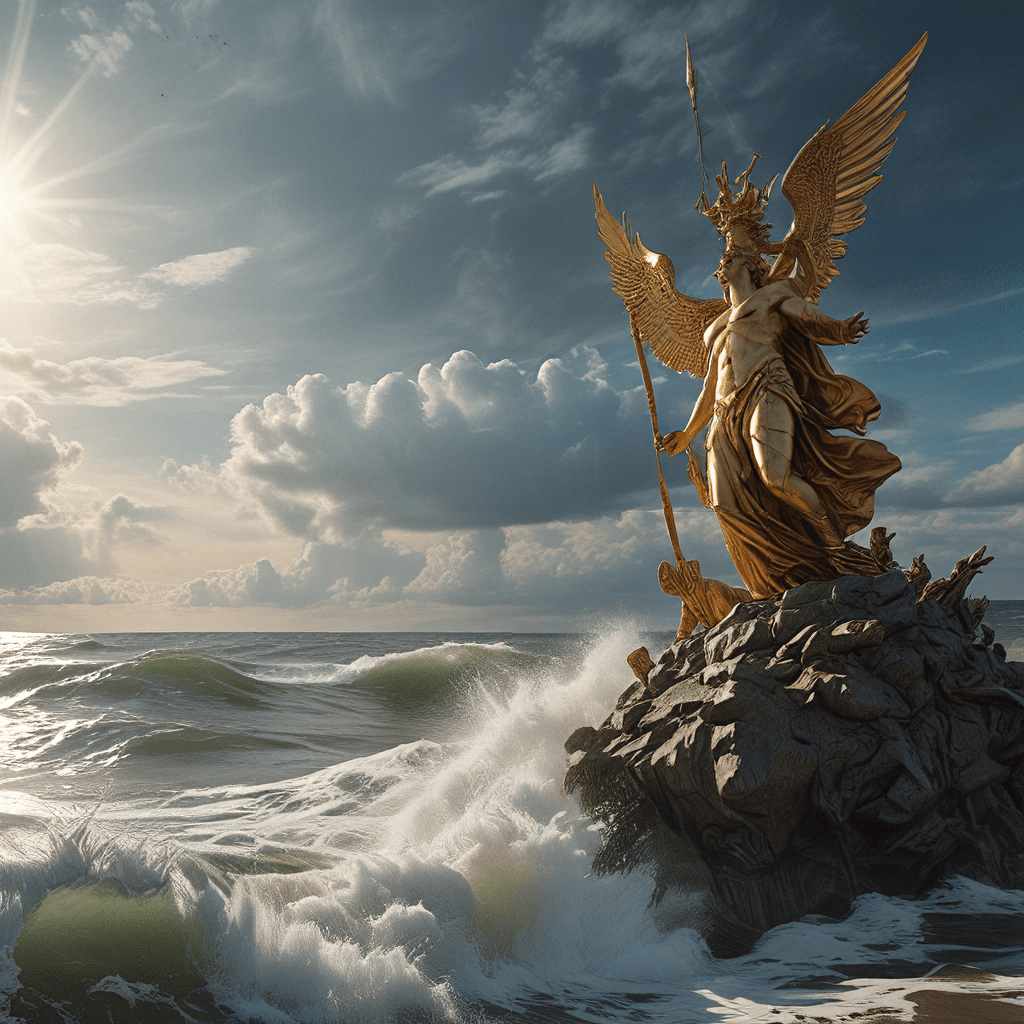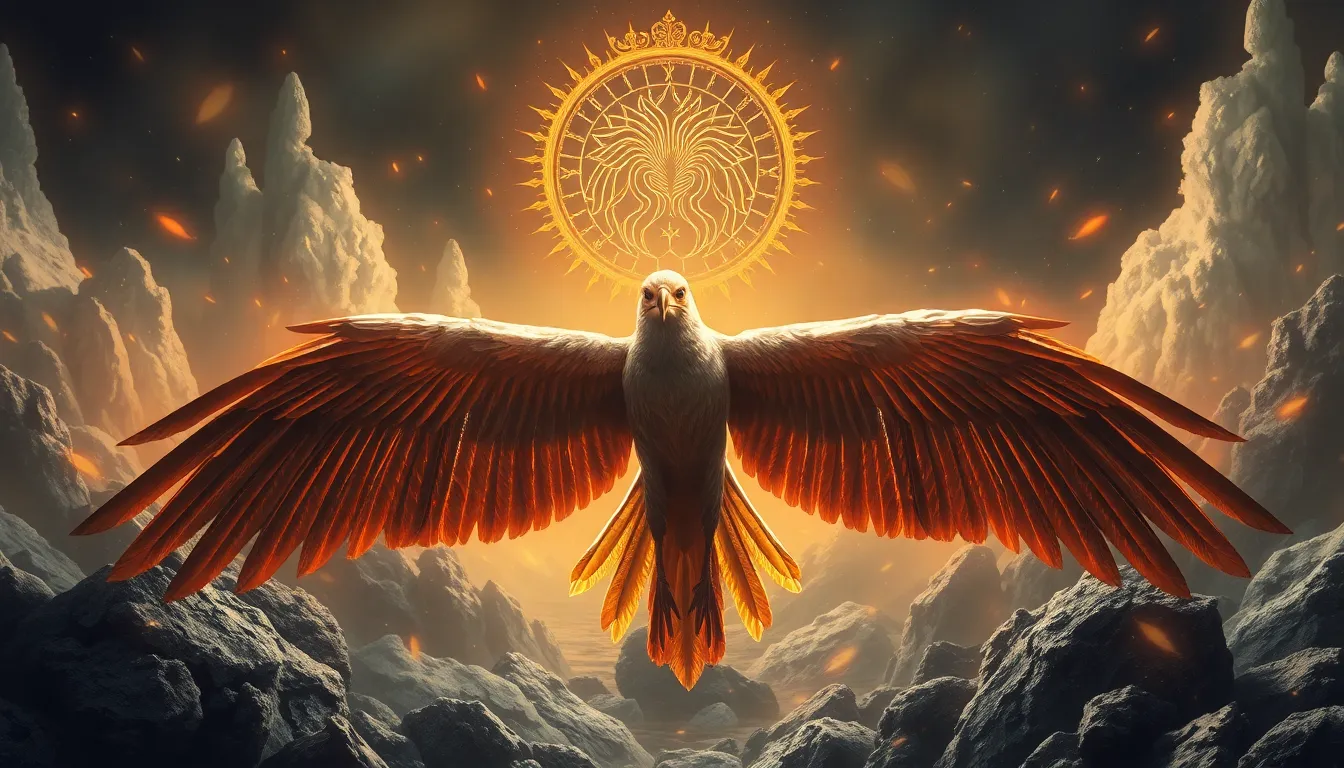Sleipnir Tales: The Babylonian Epic of Gilgamesh: A Search for Immortality
Introduction to the Epic of Gilgamesh
The Epic of Gilgamesh is one of the earliest known literary works in human history, dating back to ancient Mesopotamia around 2100 BCE. This epic poem, inscribed on clay tablets in cuneiform script, provides deep insights into the human condition, exploring themes of friendship, mortality, and the quest for immortality. It has survived the millennia and continues to be significant in understanding early human thought and culture.
At the heart of this narrative is Gilgamesh, the semi-divine king of Uruk, a city-state in ancient Sumer. Described as two-thirds divine and one-third human, Gilgamesh embodies the struggle between human limitations and divine expectations. His character serves as a lens through which we explore the complexities of life, death, and the inevitable quest for meaning in existence.
The Quest for Immortality: Themes and Motifs
Immortality stands as a central theme throughout the Epic of Gilgamesh. The narrative delves into the human desire to transcend death and achieve eternal life. This quest for immortality is not merely a physical journey but also a profound exploration of what it means to live a meaningful life.
The poem presents various motifs that encapsulate the longing for everlasting existence:
- The Fear of Death: Gilgamesh’s journey is largely fueled by the fear of mortality, especially after the death of his beloved friend Enkidu.
- Legacy and Fame: The pursuit of leaving a lasting legacy becomes a substitute for physical immortality.
- The Natural Cycle: The inevitability of death is juxtaposed with the cycles of nature, highlighting the transient beauty of life.
Gilgamesh’s Journey: Key Characters and Their Roles
Throughout his journey, Gilgamesh encounters several key characters who shape his understanding of life and death:
- Enkidu: Created by the gods as a counterpart to Gilgamesh, Enkidu represents the wild, untamed aspects of humanity. His friendship with Gilgamesh is foundational to the narrative and serves as a catalyst for Gilgamesh’s transformation.
- Utnapishtim: The immortal survivor of the Great Flood, Utnapishtim embodies the wisdom of ages. He becomes Gilgamesh’s mentor in the search for eternal life, sharing the story of flood and the fate of humanity.
- The Gods: Various deities, including Shamash and Ishtar, play crucial roles in shaping the events of the epic, often serving as reminders of the limitations placed on human endeavors.
The Role of Friendship and Grief in the Search for Immortality
The bond between Gilgamesh and Enkidu is central to the narrative. Their friendship begins as a rivalry but evolves into a deep connection that transforms Gilgamesh. Enkidu’s untimely death profoundly impacts Gilgamesh, propelling him into a desperate quest for immortality.
Grief becomes a powerful motivator in Gilgamesh’s journey. The loss of Enkidu forces him to confront his own mortality and the fleeting nature of life. This emotional turmoil drives him to seek out Utnapishtim and learn the secrets of eternal life, underscoring the profound connection between love, loss, and the human desire to defy death.
Divine Intervention and the Limits of Human Endeavor
The interactions between humans and gods in the Epic of Gilgamesh illuminate the limitations of human endeavor. Gilgamesh’s quest is fraught with challenges, many of which stem from divine intervention. The gods frequently remind him of his mortality and the boundaries set upon human ambition.
Key moments of divine influence include:
- The creation of Enkidu by the gods to temper Gilgamesh’s arrogance.
- Ishtar’s rejection of Gilgamesh when he spurns her advances, leading to Enkidu’s death as punishment.
- Utnapishtim’s advice to Gilgamesh, emphasizing the inevitability of death and the acceptance of one’s fate.
The Symbolism of Nature and the Journey to the Cedar Forest
Nature plays a significant symbolic role in the Epic of Gilgamesh, particularly in the journey to the Cedar Forest. This sacred forest represents both the challenges of the quest for immortality and the beauty of the natural world.
As Gilgamesh and Enkidu venture into the Cedar Forest, they face numerous challenges that test their strength and resolve. This journey symbolizes the struggle against the forces of nature and the quest for meaning beyond physical existence.
The Cedar Forest also serves as a metaphor for:
- Isolation: The forest’s vastness reflects the loneliness of the human condition in the pursuit of understanding.
- Beauty and Danger: The allure of nature is juxtaposed with its inherent dangers, representing the duality of life itself.
Lessons Learned: The Conclusion of Gilgamesh’s Journey
In the conclusion of his epic journey, Gilgamesh ultimately learns that immortality cannot be attained through physical means. His quest leads him to the realization that the true essence of life lies in the connections we forge with others and the legacies we leave behind.
As he returns to Uruk, Gilgamesh accepts his mortality and embraces the importance of living a meaningful life. His journey becomes a poignant reminder of the value of human relationships and the impact of one’s actions on the world.
The Legacy of Gilgamesh: Influence on Literature and Culture
The Epic of Gilgamesh has left an indelible mark on literature and culture, influencing countless works throughout history. Its themes of friendship, mortality, and the quest for meaning resonate across time and geography.
Notable influences include:
- Subsequent epics and myths, such as Homer’s Iliad and Odyssey, which explore similar themes of heroism and mortality.
- Modern literature and philosophical discussions on the nature of existence and the human condition.
- Artistic interpretations in various forms, from visual arts to theater, showcasing the enduring relevance of Gilgamesh’s story.
In contemporary discussions, the Epic of Gilgamesh continues to inspire reflections on mortality, legacy, and the human experience, reminding us that while we may seek immortality, it is the moments we share and the lives we touch that truly immortalize us.



